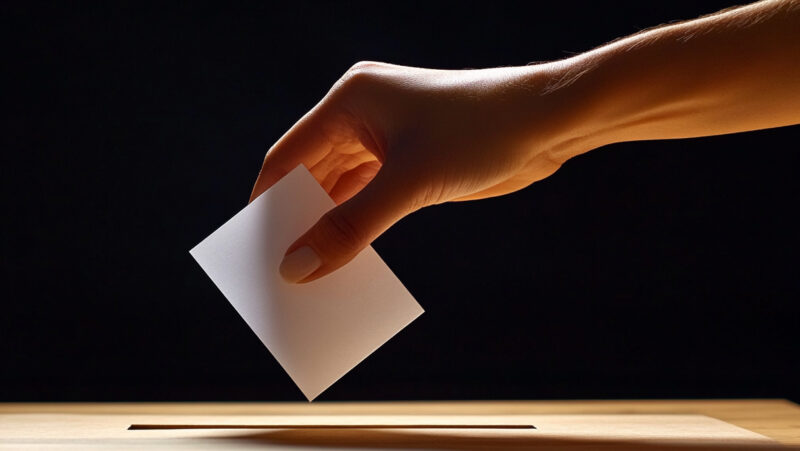Teal MP launches truth in political ads campaign, with support from adland execs
Teal MP Zali Steggall has called on political advertising to pass the same “truth tests” as commercial advertising, teaming up with adland’s Michael McConville to push the campaign.
The Member for Warringah has written the “Ethical Political Advertising Code,” which asks politicians, candidates, adland, marketing executives, and “real people” to commit to truth in political advertising.

(Midjourney)


I do not think any political party, especially a ‘Simon Says Teal’ have anything to say on “transparency”